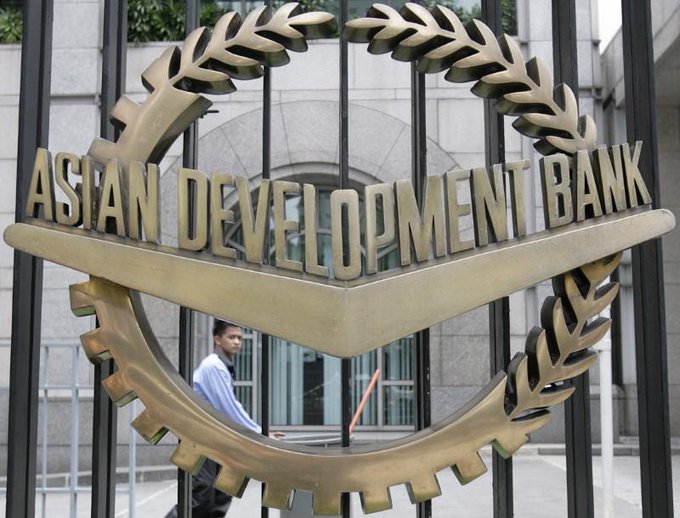ADB President, ICRC President Discuss Collaboration in Fragile and Conflict-Affected States
Asian Development Bank (ADB) President Masatsugu Asakawa and International Committee of the Red Cross (ICRC) President Peter Maurer discussed areas of potential collaboration given the increasing overlap of development issues with the humanitarian and peace issues.
“Collaboration with ICRC is very timely for us to provide more tailored support for our developing member countries in fragile and conflict-affected situations and the small Pacific island states,” said Mr. Asakawa. “Intersections between the humanitarian-peace-development nexus are increasing, and this new collaboration with the ICRC will provide an excellent opportunity to combine our strengths.”
Mr. Asakawa and Mr. Maurer discussed potential areas where ADB and ICRC could work together to share expertise and knowledge, including health and health systems, social cohesion, food security, access to clean water, and building the resilience of vulnerable people. They also discussed the need to address widening inequality and increasing public debt.
ADB has a long history of providing support to countries in fragile and conflict-affected situations. Recent examples include special grant support to Bangladesh for displaced people from Myanmar and fast-track emergency grant support to victims of natural disasters in areas such as Central Sulawesi, Indonesia (October 2018) and Tacloban, Philippines (November 2013). This year, ADB provided grants to Fiji, Tonga and Vanuatu to help them recover from Cyclone Harold in April. ADB has also provided long-standing support for Afghanistan.
ADB’s strong commitment and increasing agility is further demonstrated by the new coronavirus disease (COVID-19) pandemic response option focusing on serving the most vulnerable population, reaching $9.3 billion committed within last six months.
ADB is committed to achieving a prosperous, inclusive, resilient, and sustainable Asia and the Pacific, while sustaining its efforts to eradicate extreme poverty. Established in 1966, it is owned by 68 members—49 from the region.

